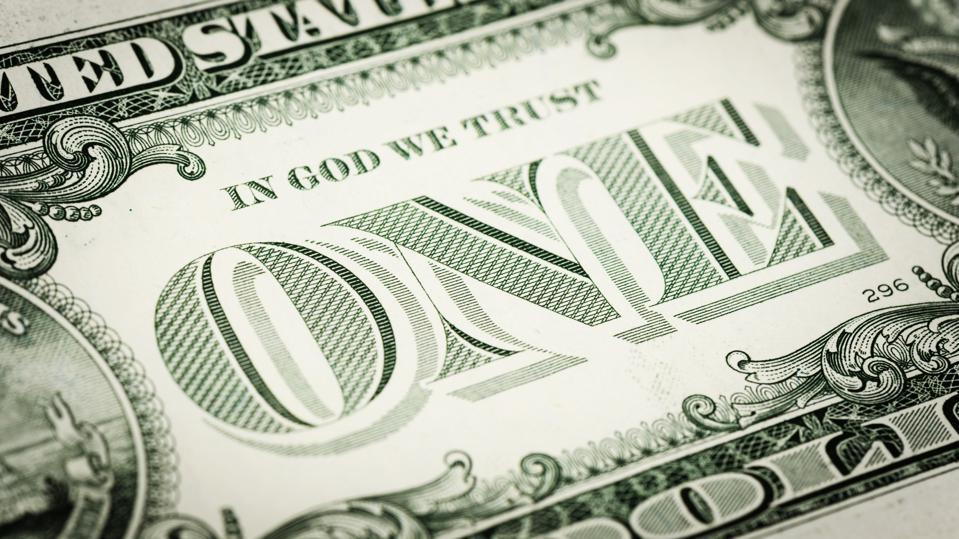By Michael O’Brien
The rapid decline in the value of the pound sterling relative to the dollar in the aftermath of the recent ‘mini-budget’ in the UK has overshadowed a pre-existing trend. Most major currencies in recent months were declining in such a manner, albeit not as spectacularly as the pound under Liz Truss’s new premiership.
Counter-intuitively, a so-called ‘strong dollar’ is an indicator of extreme pessimism in the world money markets. Fundamentally it reflects investors seeking out the ‘least bad’ location for their wealth in the form, for example, of US treasury bonds rather than other major currencies, crypto-currencies, real estate, artworks etc.
The reserve currency
The role the dollar plays in the world economy is disproportionately greater than the size of the US economy itself. While the US geo-political hegemony is being challenged its economy still accounts for around 25% of global GDP and 10% of world trade. However, some 90% of international transactions, 60% of currency reserves and 50% of international loans are denominated in dollars.
Therefore, an appreciating dollar can have devastating downstream effects when the incomes of working people and revenues of businesses and exchequers are denominated in their native non-dollar currency, but their expenditures on goods and services from the US or loan repayments increase.
These changing investment decisions and consequential movement in currency values are themselves a reflection that among the capitalist class globally there is a consensus (accepted by institutions such as the OECD) that a recession lies ahead, if it has not already technically begun. This is evidenced by declining investment and profit margins of many companies being squeezed by the likes of high energy prices.
Global recession
The indicators of a global recession were apparent as early as 2019 but the ‘normal’ course of the capitalist business cycle was obscured by a succession of shocks from Covid in 2020 to the resultant upending of supply chains, feeding into inflation and exacerbated by geo-political factors, especially the war in Ukraine.
The key policy employed by the institutions of capitalism such as the Federal Reserve and European Central Bank in recent years throughout the recent shocks has been so-called ‘Quantitative Easing’. This is a technical term to describe the loaning of money to commercial banks at low or no interest, as a means to encourage borrowing and investment by private companies. The reality is that this ‘cheap money’ mainly ended up fuelling speculation in property rather than being invested in the productive economy.
In the context of inflation and the tendency of most capitalist institutions to view inflation in terms of money supply, the policy of quantitative easing is now dead and buried and replaced by higher interest rates in a crude attempt to cut across demand and force a reduction in prices.
Socialist alternative needed
Never ones to waste a good crisis governments and the institutions of capitalism are reconciled to the recession to come and will likely seek to ‘manage’ it. A policy of full-frontal austerity is a difficult political option for governments ten years after the last great recession. However, from their perspective, allowing a recession to run its course, with resulting job losses, serves to discipline the working classes around the world who have been pushing for wage rises to meet the rising cost of living.
These struggles by workers and the battle-hardening experience of the great recession and austerity years mean that it is not a foregone conclusion that workers will be made to just pay the price of a capitalist crisis. That willingness to fight must be matched with determined leadership, organisation and a socialist alternative that breaks with the capitalist market altogether.












